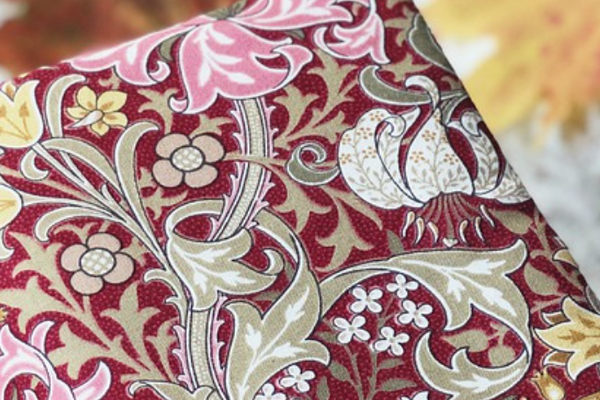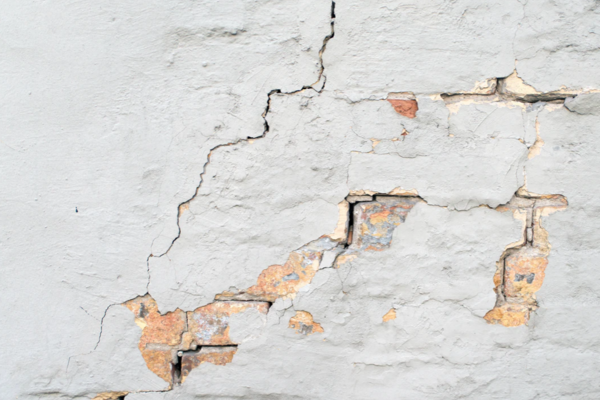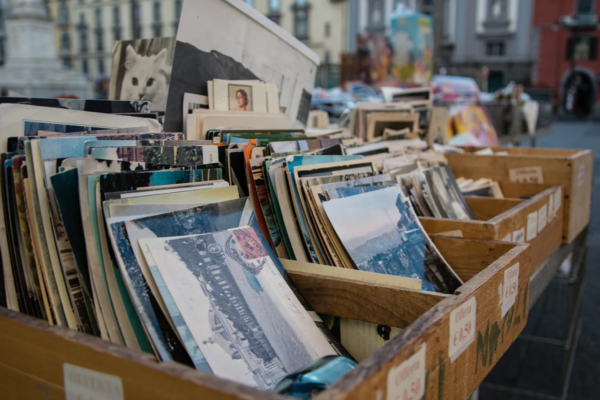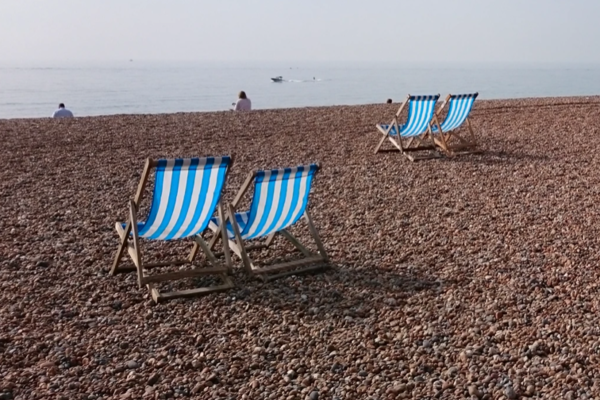Dear Dad
Dear Dad
Some memoirs, especially the therapeutic, physical or emotional catastrophe variety, begin with a letter to a dead person, usually a parent, or a spouse who has fought bravely against disease but didn’t make it. These letters are supposedly part of the ‘healing process’ (whatever that is) or are intended to bring ‘closure’. I think most of that stuff is nonsense but I’m doing it anyway just to tell you about a few things. Obviously, you won’t be able to read any of this because you’re dead and all the stuff you were made of was dispersed long ago and I don’t believe people have souls so there won’t be any kind of connection that way.
Years ago, I was talking a therapist trying to get a few things straight and he kept asking about ‘my father’. This was quite annoying because I didn’t really think it was relevant to the way I was feeling but he kept on asking about you. Eventually, I thought it might, perhaps, be an issue. I thought it would be a good idea to try and have some feelings or emotions about you and to actually remember some things that we did or talked about but apart from a few fragments of memory, I couldn’t really think of much. I was fourteen when you died, which should be old enough to have some memories of things that we talked about or things you showed me or explained to me or shared with me – perhaps these things just didn’t happen. Admittedly this was the 1950’s and fathers didn’t do ‘love’ or emotional involvement with children, especially sons. I don’t have many memories of you but I spend a lot of time trying to create some.
I tried being angry with you because you weren’t really very involved in my life, and not even very much involved in the lives of the others, who were older than me. I thought a good dose of resentment and anger might help to get rid of some pent-up feelings and, perhaps to connect to you in some way. I didn’t manage to work up very much emotion, so I thought that some sympathy and empathy might be appropriate because I know you struggled with illness and anxiety and found many things quite difficult.
Mum told me about your father. He could be cruel man, apparently, rather a ‘manly’ man who liked a drink and ‘the ladies’. Mum said he even made a pass at her once. He didn’t seem to have been very successful in any of the enterprises he started. Was it true that he would shut you in a cupboard under the stairs when they went out or you didn’t do your piano practice? You must have been very scared and resentful. I remember when he stayed with us at Park Cottage, you were rather impatient, even slightly mocking, with him and his foul-smelling pipe which aggravated your asthma – you were probably right, there’s no law that says you have to respect your father. You certainly deserved some sympathy and understanding but I haven’t really been able to develop much - sorry about that.
Other family members and people who knew you have described you as ‘remote’, ‘aloof’, ‘self-absorbed’. I don’t think you were a bad man and it seems that many people liked and respected you. If I’m honest, to me, you weren’t good, bad or indifferent; you weren’t anything very much. It’s been a very long time since you died and now you are more like a fictional character than a real person. The emotion I seem to have settled on is indifference seasoned with a little resentment and a touch of sympathy.
Just to get things in perspective, a lot of things have happened since your death. Khrushchev was still in power, but he was deposed a month after you had gone (I don’t think these two events were connected in any way). Churchill died in 1965. At his funeral all the cranes in the London docks lowered their booms in silent tribute. People thought it was a spontaneous mark of respect but apparently the crane drivers were paid to do it. I was surprised how many people who had been through the war didn’t like him very much – Mum didn’t have much good to say about him. T. S. Eliot died in 1965 but, at the time, I had never heard of him. In 1967 Israeli forces embarked on the ‘Six Day War’. Mrs. Fowler who worked on the Pen Counter (at Butlers’ Stationers where I had my first job – I think you used to order office supplies from them) told me ‘I’d have to go’, and she seemed quite pleased about the prospect. Perhaps the thought of me turning up persuaded them to limit it to just six days.
Here are some other things that have happened in the meantime (using ‘bullet points’ which hadn’t been invented when you were an estate clerk):
- Moon landing (‘One small step for man; a giant leap for mankind’)
- Fall of the Berlin Wall
- England win World Cup
- United Kingdom joins European Economic Community
- Decimal currency
- Northern Ireland ‘Troubles’
- ‘Sergeant Pepper’s Lonely Hearts Club Band’
- Channel Tunnel
- United Kingdom leaves European Union
Mum died in 1993. She had a stroke. John, your son, died in 2015. He also had a stroke. Julian and Carole have both got Parkinson’s, which is really horrible. You’ve got a lot of grandchildren, great and great, great grandchildren, although none of them by me. I got married in 2001 to Vanessa; I think you would have liked her. Mum would probably have liked her as a person, though obviously, like every living human female she probably wouldn’t have been considered a suitable partner for me. I’d pass a law that said when their children reach eighteen, mothers have to stop being mothers and do something for themselves.
Just a bit about my education – it was shit. As I recall you took no interest in it and never asked me anything about it. I think you were too busy being ill and ‘self-absorbed’. The last school report you signed before you died was for the Summer term of 1964. Subject teachers’ remarks include the following: English Studies ‘Erratic. Could do well with more application to his work’; Mathematics ‘Concentration lacking’; Geography ‘Work is below the standard required’. Perhaps we could have discussed these things. On a more positive note, in Physical Education, I was described as ‘Quite keen – successful high jumper.’
I asked Mum a few times whether you had any particular aspirations for your children. She said that mainly you ‘didn’t want us to be a nuisance.’ Was this because it might offend your employers? Why did you have such a thing about working for the aristocracy? You could have had a really good job with a proper pension and the opportunity to buy a house, instead of being a tenant. The ‘good old days’ and the monarchy and the aristocracy seemed very important to you – this might be one of the reasons I despise them so much. Let’s face it, Dad, this wasn’t a class system, it was a caste system! The only way to progress would have been through a Hindu-style cycle of death and regeneration, each step engendering an in increasingly prominent chin and ever more clipped and tortured manner of speaking. A life of servitude, deference and regular Church of England worship – in which the vicar would probably be more in awe of the lord of the manor than of the Lord of all creation – might bring reincarnation in an upwards direction. To be honest, why would you bother?
Anyway, on education. I failed my 11-Plus exam, left school at 15 and had ten years of dead-end jobs. But I went to college later, then university and taught in colleges and university and wrote books about teaching. You might have been proud of me, but it’s a matter of little importance.
I’m going to be writing about you, our family and my early childhood. Because you are such a ‘fictional’ character some of my memories of you will be a bit vague and inaccurate. I’ll probably have to make some of it up.
Yours
Pete
PS I can’t remember if you called me ‘Pete’ or ‘Peter’. I expect you used the more formal option. You called me ‘boy’ a lot, as in ‘Stop tapping, boy’ or, if I was gawping open-mouthed, ‘Shut your mouth up, boy.’ Sometimes, when you were feeling particularly distressed or irritable, you said ‘Blast your eyes, boy!’ That was always a bit disappointing; I think you were just trying to be tough, like your father.















